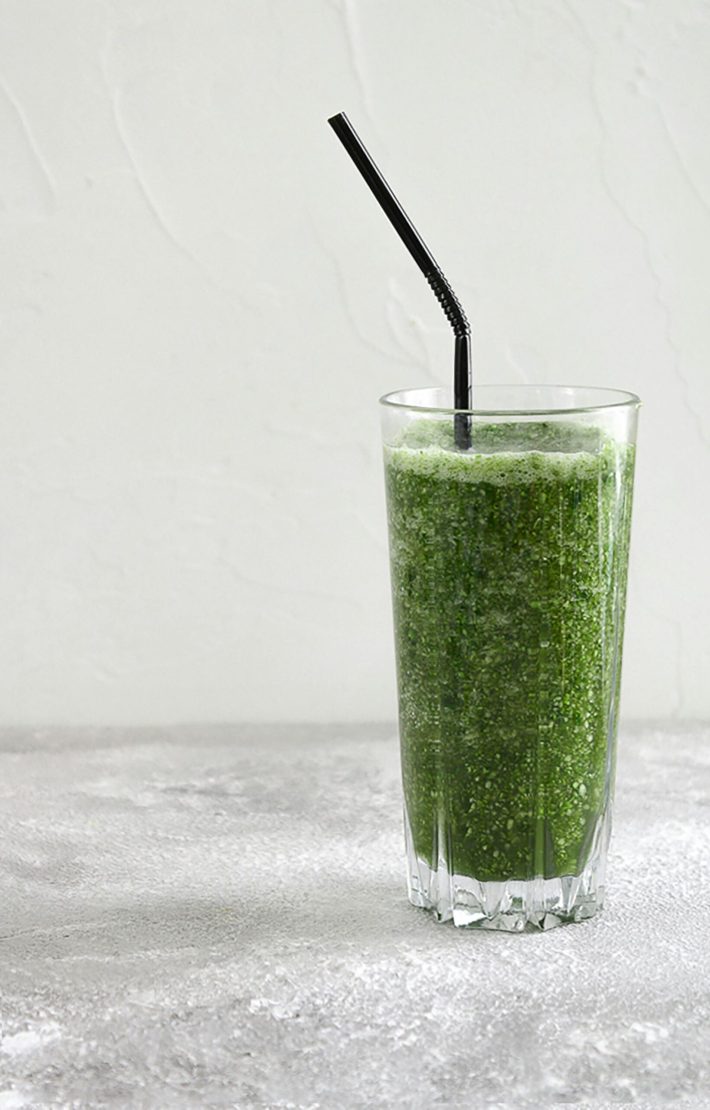
Long workdays, back-to-back meetings, early morning commutes, or evening workouts—modern life demands energy, and energy drinks offer a convenient, quick fix. But what exactly do these flashy cans contain, and are they truly beneficial?
This blog explores what energy drinks are, their benefits, common ingredients, and how to use them wisely for maximum impact.
What Are Energy Drinks?
Energy drinks are beverages designed to give you a temporary boost in energy, alertness, and concentration. Typically sold in cans or small bottles, they contain a combination of ingredients such as:
- Caffeine – a natural stimulant
- Sugars or low-calorie sweeteners
- Vitamins – especially B vitamins involved in energy metabolism
- Herbal extracts – like ginseng or guarana
- Amino acids – such as taurine or L-carnitine
They are especially popular among athletes, students, professionals, and travelers who need a mental or physical edge.
Benefits of Energy Drinks ✅
When consumed mindfully, energy drinks can offer a variety of useful benefits:
⚡ 1. Quick Energy Boost
Energy drinks provide a fast source of mental and physical energy, making them ideal before workouts, exams, or long drives.
🧠 2. Improved Focus and Alertness
Caffeine and other stimulants help enhance concentration, reaction time, and mental clarity, especially during fatigue.
💪 3. Support for Physical Performance
Some ingredients like taurine and B vitamins assist in muscle function, hydration, and reducing fatigue during physical activity.
🚀 4. Convenience On-the-Go
Ready-to-drink, portable, and shelf-stable—energy drinks are easy to carry and consume during busy schedules without prep time.
Popular Ingredients and Their Purpose
| Ingredient | What It Does |
|---|---|
| Caffeine | Increases alertness and reduces fatigue |
| Taurine | Supports muscle function and heart health |
| B Vitamins | Help convert food into usable energy |
| Ginseng | Known for reducing stress and boosting stamina |
| Guarana | A natural source of caffeine that enhances focus |
| L-Carnitine | May support fat metabolism and energy production |
🧃 Tip: Some energy drinks are also sugar-free or contain natural sweeteners like stevia for those watching their sugar intake.
When Can Energy Drinks Be Helpful?
Energy drinks can be especially useful in the following scenarios:
- Before a workout or athletic event – For increased endurance
- During long drives or night shifts – To stay alert
- Before exams or presentations – To enhance focus and performance
- As a pre-meeting or early morning pick-me-up
Recommended Use
Moderation is key. For most healthy adults:
- One energy drink per day (with caffeine content under 200 mg) is typically well tolerated
- Stay well hydrated alongside energy drink consumption
- Pair with balanced meals—not as a meal replacement
Smart Alternatives When You Don’t Need a Full Boost
If you want a milder uplift without a full energy drink, try:
- Green tea – Offers a gentle caffeine lift + antioxidants
- Black coffee – Zero sugar and pure caffeine
- Protein smoothie – Great for post-workout recovery
- Fruit-infused water – Hydrating with a hint of flavor
- Electrolyte drinks – Restore salts after sweat-heavy sessions
Conclusion: A Smart Boost When Used Right
Energy drinks offer convenience, quick energy, and improved mental performance when used responsibly. Whether you’re prepping for a gym session or powering through a work deadline, these beverages can support your energy needs when you choose the right product and consume it in moderation.
The key lies in knowing your body, understanding the label, and using energy drinks as an occasional boost—not a daily crutch. Used wisely, they can be an effective tool in your active, fast-paced lifestyle.









